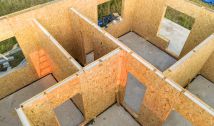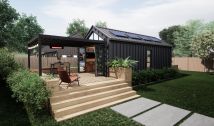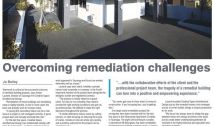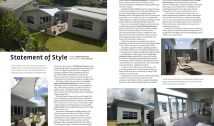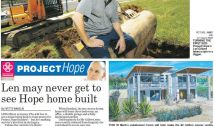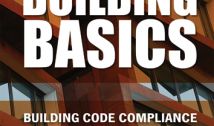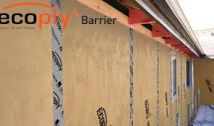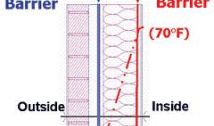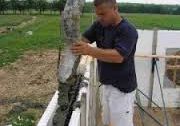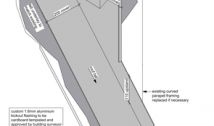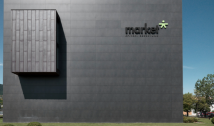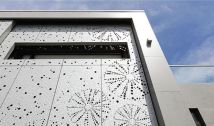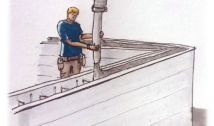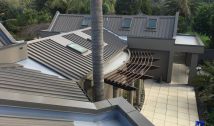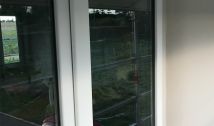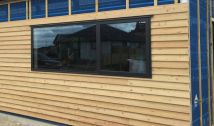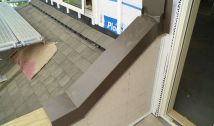Insulated Concrete Form (ICF) Systems
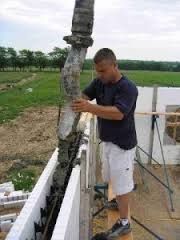
Insulated Concrete Form (ICF) Systems
ICFs are basically very large format polystyrene blocks, comparable to traditional masonry blocks. However, for one ICF block you would need 4-6 traditional masonry blocks (due to the size of most ICFs). The ICF is laid (like traditional blocks) and then braced before being filled with concrete.
This creates a reinforced concrete wall that is incredibly warm (with double the R values of traditional timber frames), incredibly strong and incredibly quiet.
The main benefits to ICF are:
- It’s exceptionally strong – our building code aims to ensure homes last up to 50yrs, yet in Europe there are homes that are 400-500+ years old that are still performing. That’s what we want to be achieving through the use of ICFs.
- It’s super lightweight - this is a huge benefit for getting the blocks to the building site and moving them around in difficult locations. One guy can literally pick up and move packets of these on his own.
- It’s much warmer than traditional construction systems – a timber frame home will have an R-value of 2.2 which drops to about 1.7 with heat loss through the thermal bridging of timber but an ICF wall will give a rating of R4 (or more!) which gives you real saving in heating and cooling costs.
- It’s very quiet – there is reduced sound transfer due to the extra insulation and solid concrete core.
- Cost is comparable to timber framing – in some cases ICFs are actually cheaper than their timber framed counterparts, especially when design complexity is reduced.





